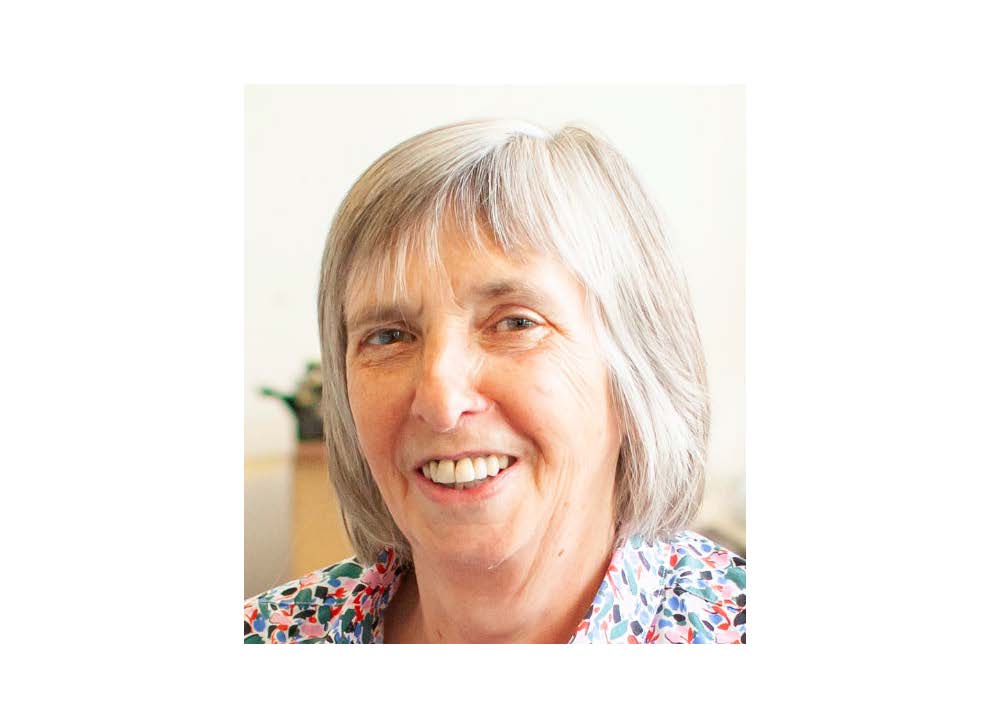PS Seminar Series: Engineering photosynthetic carbon fixation for crop improvement
Over the last 10 years a number of studies have provided evidence demonstrating that improving photosynthesis can result in improved yield.
Speakers
Event series
Content navigation
Description

Abstract: Over the last 10 years a number of studies have provided evidence demonstrating that improving photosynthesis can result in improved yield. This talk will focus on improvements in the RuBP regeneration phase of the Calvin-Benson-Bassham cycle and also electron transport. I will summarise some of the results of successful studies using genetic engineering of steps in the photosynthetic process that led to increases in yield. These results provide clear evidence for the potential of increased photosynthesis to contribute to improving our crop plants.
Biography: Christine Raines graduated with a BSc (Hons) Agricultural Botany in 1982 and a PhD in Photosynthetic electron transport graduating in1986 form Glasgow University. Christine’s post-doctoral research started in late 1985 at the Institute of Plant Science Research, Cambridge working on the molecular biology of C3 cycle. In 1988 Christine was appointed to a faculty position at the University of Essex being promoted to Professor in 2004. Christine was Head of the School of Life Sciences at Essex (2011-2017), Pro-Vice Chancellor Research (2017-2021) for the University of Essex and she held a number of external roles; Editor in Chief, Journal of Experimental Botany (2011- ), Chair of Plant Section, Society of Experimental Biology (2009- ) and SEB President (2017-2019).
Christine’s research interests are in plant molecular physiology analysis of gene expression and production and analysis of transgenic plants. Currently Christine leads a research group focussed on improving photosynthesis by re-engineering the CO2 assimilatory pathway (the Calvin Benson cycle) and electron transport.




